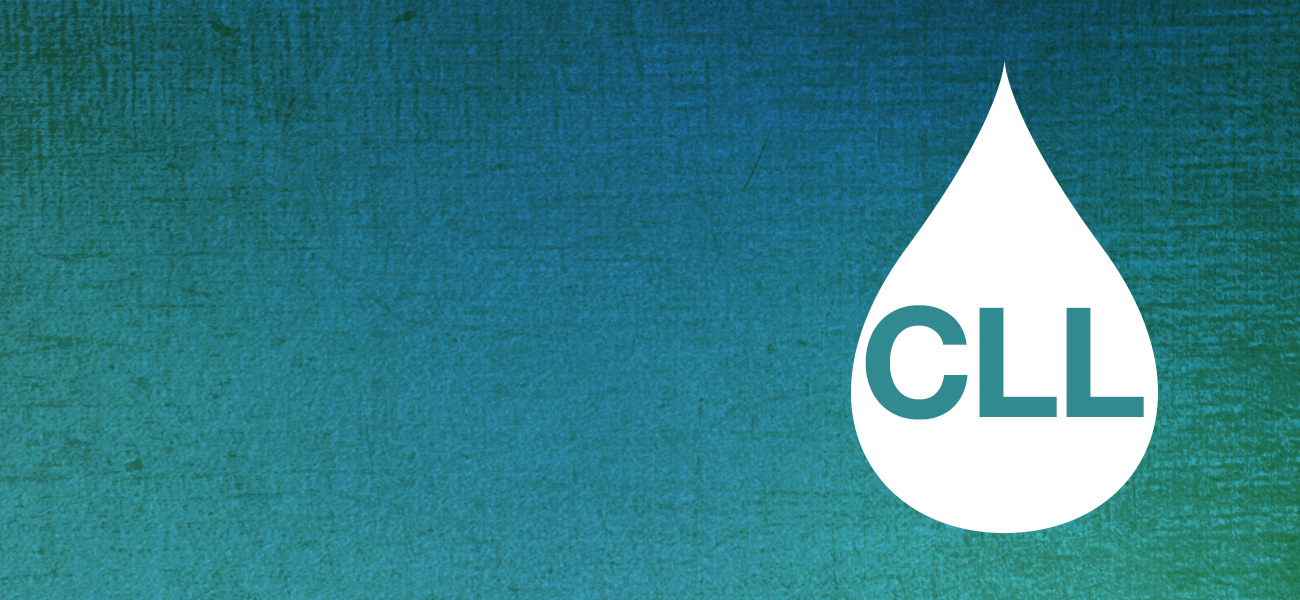Chemotherapy
Chemotherapy drugs are designed to kill cancer cells. They work by attacking cells that divide quickly. Chemotherapy is typically given in cycles, with each period of treatment followed by a rest period.
Standard chemotherapy drugs that doctors use to treat CLL as a single agent or in combination include:
Antimetabolites
- Cladribine (Leustatin®)
- Fludarabine (Fludara®)
- Pentostatin (Nipent®)
Alkylating agents
- Bendamustine hydrochloride (Bendeka®, Treanda®)
- Chlorambucil (Leukeran®)
DNA-Damaging Agent
- Cyclophosphamide (Cytoxan®)
Corticosteroids may also be given with chemotherapy drugs. Corticosteroids include:
- Prednisone
- Dexamethasone.
 For information about the drugs listed on this page, visit Drug Listings.
For information about the drugs listed on this page, visit Drug Listings.
Targeted Therapies
The drugs used in these therapies target specific parts on the cancer cell. In most cases, the drugs administered in targeted therapies are given orally and are generally better tolerated than agents used in chemotherapy.
- Ibrutinib (Imbruvica®)
- Idelalisib (Zydelig®)
- Venetoclax (Venclexta™)
- Acalabrutinib (CalquenceTM)
The order of which of these targeted therapies to use as first, second and third treatment will be determined by future clinical trials. Additionally, drugs approved for other blood cancers, such as lenalidomide (Revlimid®) or Acalabrutinib (Calquence®), are used in CLL in some cases in controlled clinical trials.
Monoclonal Antibody Therapies
Monoclonal antibodies are proteins made in the laboratory that either react with or attach to specific antigens on the target cells. Examples of antibody therapies approved for CLL include:
- Alemtuzumab (Campath®)
- Obinutuzumab (Gazyva®)
- Ofatumumab (Arzerra®)
- Rituximab (Rituxan®)*
- Rituximab and hyaluronidase human (Rituxan Hycela®)
*After the first dose of Rituxan, patients may be switched to Rituxan Hycela.
 For information about the drugs listed on this page, visit Drug Listings.
For information about the drugs listed on this page, visit Drug Listings.
The Fit Category: CLL Patients Younger Than 65 to 70 Years Without Del(17p) or TP53 Mutations
Suggested first-line treatment regimens for this group of patients include the following:
- Ibrutinib (Imbruvica®)
- Venentoclax (Venclexta®) in combination with obinutuzumab (Gazyva®)
- Ibrutinib in combination with rituximab (Rituxan®)
- FCR (fludarabine [Fludara®], cyclophosphamide [Cytoxan®] and rituximab)
- FR (fludarabine and rituximab)
- Bendamustine hydrochloride (Bendeka®) plus anti-CD20 monoclonal antibody
- High-dose methylprednisolone (HDMP) plus rituximab
- PCR (pentostatin, cyclophosphamide, rituximab)
IGHV Mutation
Patients classified in the fit category typically do not have significant comorbidities. The first treatment options prescribed to many patients in this category include ibrutinib, either alone or in combination with rituximab, and venetoclax in combination with obinutuzumab. However, some patients may be eligible for intensive chemoimmunotherapy. These patients are generally treated with a combination called FCR. This therapy is very effective at reducing disease and, for most patients, the treatment is tolerable. Studies have shown that this combination is particularly effective in patients with the IGHV gene mutation but without the del(17p) or TP53 mutations.
Results from longer follow-up studies have shown that a significant number of patients that received this therapy remain without detectable disease 10 years after the end of treatment. However, there are some complications associated with this therapy. Some studies have indicated a higher incidence of neutropenia and a more frequent occurrence of viral and bacterial infections for up to 2 years after the completion of treatment. Recent research has also indicated that up to 5 percent of patients may develop therapy-related myelodysplastic syndrome or acute myeloid leukemia. Despite the potential complications, FCR remains a very good option given the achievement of long-term remission in a majority of patients.
The Older or Less-Fit Category: CLL Patients Older Than 65 to 70 Years Without Del(17p) or TP53 Mutations
For some older patients, the combination of bendamustine with rituximab (BR) may be a good option. Examples of this might include cases when renal insufficiency is present or autoimmune complications develop while the patient is receiving FCR.
Older patients or patients with significant comorbidities are considered to be in the less fit category. Studies have shown that fludarabine-based treatment is not well tolerated in older patients and it becomes even less effective as patient age increases to 70 years and older.
Typically, patients in this category are treated with combination chemoimmunotherapy using chlorambucil, which is better tolerated than fludarabine in older patients. Chlorambucil is given together with treatments such as rituximab, ofatumumab, or obinutuzumab; these drug combinations improve response rate and remission duration. For both fit and less fit older patients who have CLL, ibrutinib is approved for first-line treatment.
The following combinations of drugs have shown the best results in prolonging survival and are approved for first-line treatment.
- Venetoclax (Venclexta®) and obinutuzumab (Gazyva®)
- Ibrutinib (Imbruvica®)
- High-dose methylprednisolone (HDMP) plus rituximab
- Ibrutinib and obinutuzumab
- Ofatumumab
- Chlorambucil
- Rituximab (Rituxan®)
- Bendamustine plus anti-CD20 monoclonal antibody
The High-Risk Category: CLL Patients With del(17p)
Young patients and older patients with del(17p) or TP53 mutations do not respond well to any type of chemoimmunotherapy treatment or are likely to have early relapses after first-line therapy. The following treatments are approved for patients with del(17p):
- Ibrutinib (Imbruvica®), given by mouth
- Venetoclax (Venclexta®) plus obinutuzumab (Gazyva®), given by IV
If these treatments are not appropriate, a clinical trial should be considered. Allogeneic stem cell transplantation may also be an option in this patient group.
 For information about the drugs listed on this page, visit Drug Listings.
For information about the drugs listed on this page, visit Drug Listings.
Related Links
- Chemotherapy and Other Drug Therapies
- Measuring treatment response
- Managing Side Effects
- Download or order The Leukemia & Lymphoma Society's free booklet, Chronic Lymphocytic Leukemia.
- Download or order The Leukemia & Lymphoma Society's free booklet Understanding Side Effects of Drug Therapy

